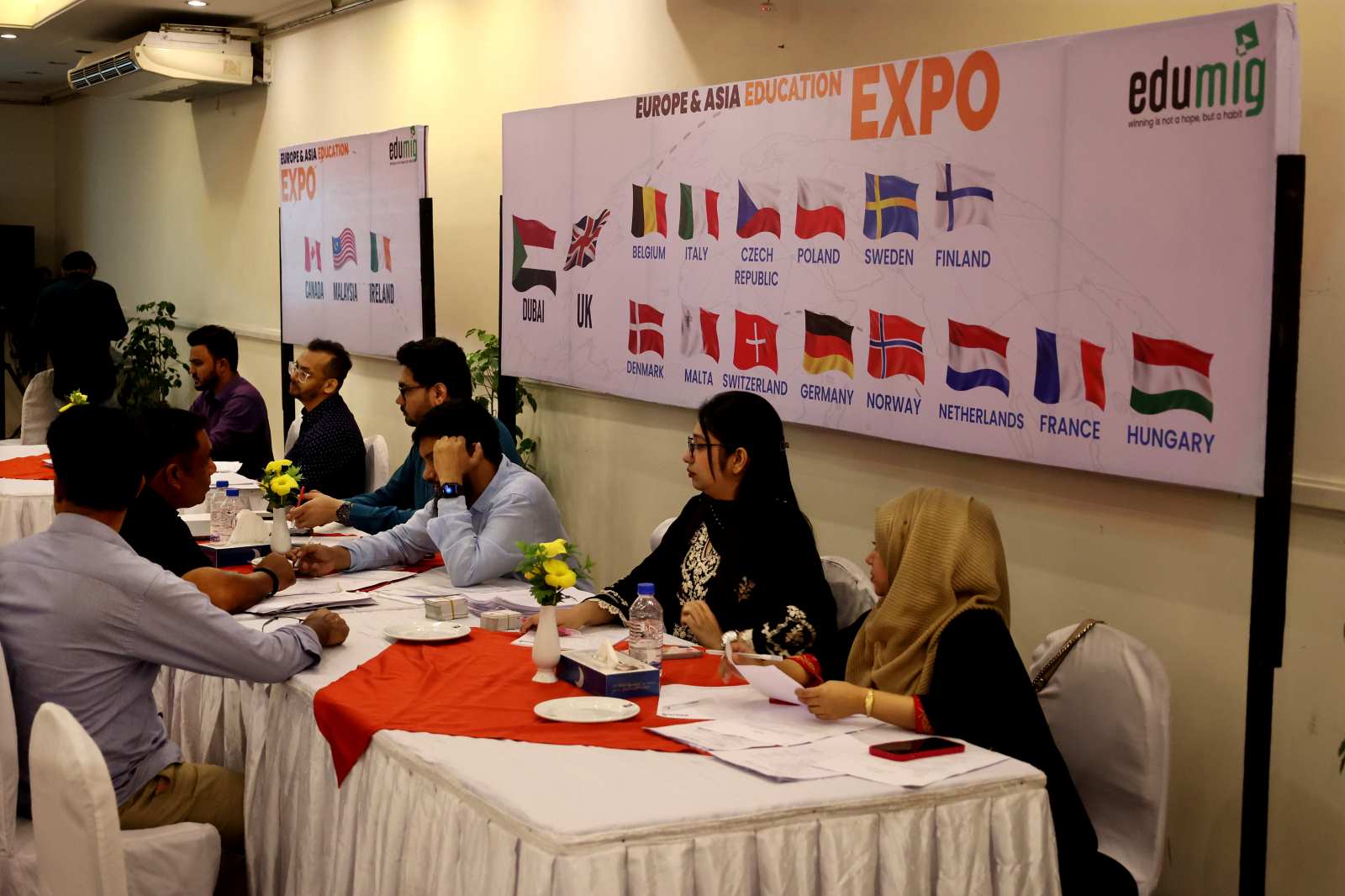Brain drain
Why Bangladesh’s best minds are moving abroad

Migration from Bangladesh has been changing over the past decades. While Bangladeshis initially migrated first and foremost to Middle Eastern or other rich Asian countries, nowadays they are moving to western countries, too. Even though most migrants from Bangladesh are unskilled or undereducated, more and more of them are also skilled professionals.
Bangladesh’s first wave of ‘brain drain’ started in 1982, following the country’s second military coup since achieving independence in 1971. Some of the first casualties of the upheaval were political and academic freedom. Consequently, skilled individuals and recent graduates began migrating to major resource-rich countries. This trend has returned, partly driven by the political instability that has afflicted the country since 2014.
However, many other factors contribute to the exodus of educated people and professionals from Bangladesh. Chief among them are the unemployment rate among university graduates, which was 12 % in 2022, compared to the national unemployment rate of 4.7 %, and the general lack of opportunities for highly skilled workers.
Looking for a better life
Lacking better prospects, many university graduates end up taking low-ranked public service positions, which make them feel undervalued. Nevertheless, recent studies show that the country’s most lucrative and secure jobs are in government civil service, which recruits thousands annually through a highly competitive public exam.
On the other hand, the private sector lacks strict monitoring and regulation, making it insecure regarding job tenure, pensions and other employee benefits. As a result, highly skilled graduates tend to leave the country. Many get excellent research training and degrees abroad, which, coupled with the lack of opportunities at home, leads them to permanently settle there.
Other reasons for migration include:
- An inadequate social-safety net and social-security benefits. Until recently, private-sector employees could not expect to receive a pension, for example. Many highly skilled and educated workers can find better benefits elsewhere.
- A severe decline in democracy. Political instability, democratic backsliding and attacks on freedom of expression have soared in recent decades. The killing and persecution of progressive youths and free thinkers by religious extremists from 2013 to 2015 and the state’s failure to ensure justice led to a surge in migration to liberal democracies.
- Gender-based violence. Incidents of public harassment and sexual abuse of women are escalating. Socio-religious disapproval and moral policing of women are common. As more women complete higher education and achieve financial independence, many choose to migrate with or without their families.
- Environmental concerns. Employment opportunities are largely restricted to the two excessively densely populated cities of Dhaka and Chattogram. Major infrastructure development, transportation fuel, heavy industrial waste and poor environmental management contribute to air, water and noise pollution as well as biodiversity loss, severely affecting people’s lives in these cities.
Skilled Indian immigrants
Despite such problems, Bangladesh has recently achieved tremendous economic growth, even during the Covid-19 pandemic, which has impressed outside observers. The country’s GDP growth rate was 7.25 % in the last quarter of 2022.
However, Bangladesh’s impressive figures in different development indexes do not reflect its underlying social, cultural and political inequalities and insecurities. The ongoing development programme is superficial and fails to retain highly skilled workers. The government seems to be either unwilling or unable to keep talented people at home. Instead, most major development projects hire international consultants at very high salaries. As educated Bangladeshis emigrate, skilled Indian immigrants, in particular, are coming to work in Bangladesh.
Reliance on remittances
Successive governments have not taken the issue of brain drain seriously. Rather, they seem content that migrant professionals are sending foreign remittances back home. According to World Bank forecasts, Bangladesh will be the seventh largest remittance-receiving country worldwide in 2023 with remittances making up 5.2 % of the country’s GDP. This makes them a major pillar of Bangladesh’s economy, though often at the expense of the exploitation of workers abroad.
Historically, Arab nations hosting millions of Bangladeshi migrant workers have been the main source of remittances. In the financial year 2022-2023, however, migrants in the USA were the top contributors. There are concerns that a portion of these funds may have been money that was laundered to the USA by some businessmen, bureaucrats and politicians. Moreover, in 2023, Bangladesh experienced an unprecedented deficit in forex reserves and the government increased cash incentives on foreign remittances. These factors are estimated to be behind the rise in remittances from the USA.
As a matter of fact, the financial contribution of educated Bangladeshi migrants is undeniable. This may explain why the country lacks the aspiration to keep educated brains at home.
The more human capital goes abroad, the more it is missing at home. Because of both globalisation and various forms of inequality and insecurity, brain drain out of Bangladesh is inevitable. Nonetheless, in order to foster sustainable development and achieve lasting improvements in living standards, the government must have a clear vision for retaining as many skilled and educated individuals as possible.
Ridwanul Hoque was formerly a law professor at Dhaka University.
ridwandulaw@gmail.com
Sharowat Shamin is an assistant professor of law at Dhaka University and a PhD candidate at SOAS University of London.
sharowat@du.ac.bd















